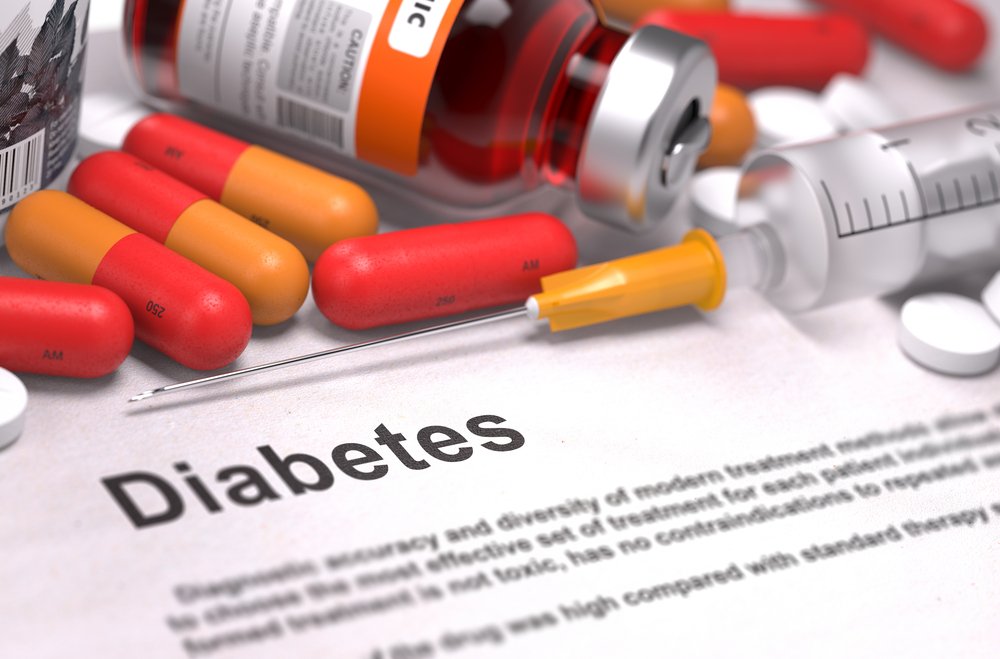Biguanides are a class of diabetes medications that are used for people with Type II Diabetes. This drug works by preventing the production of sugar in the liver, improving the body’s sensitivity towards insulin and reducing the amount of sugar absorbed by the intestines. Biguanides can be prescribed as single treatment or in combination with other diabetes medications, such as insulin and pills. The American Diabetes Association recommends Biguanides as the first class of medication to start at time of Type II Diabetes diagnosis, unless contraindicated.
The diabetes effects of biguanides started to be observed in traditional herbal medicine in Europe during the early 1900s. A compound called guanidine found in a plant known as goat’s rue or Galea officinalis, was found to lower blood glucose. Although it was first used during this time, it was later found to cause toxicity and increase the availability of insulin. After intensive scrutiny and almost a decade later, metformin was approved in the U.S. in 1995.
Benefits
1. Reduce risk of heart disease
In addition to lower blood glucose, Binguinides lower the risk of heart disease because it helps lower bad cholesterol levels in the blood.
2. Unlikely to cause low blood glucose
When used by itself, biguanides are unlikely to cause low blood sugars.
3. Possible weight loss
Biguanides may help with weight loss. Although it is not a weight loss medication and research does not indicate a big impact on weight loss.
Possible Side Effects
1. Vitamin deficiency
Long-term use may be associated with vitamin B12 deficiency in the body.
2. Gastrointestinal intolerance
Common side effects, especially when initiating use, can be nausea, bloating, diarrhea and abdominal discomfort.
3. Lactic acid build up
This class of medication is removed from the body via the kidneys, but when there is not optimal kidney function there can be high amounts circulating in the body. High levels of biguanides in the body can cause lactic acidosis, although the occurrence of this complication is known to be very rare. Talk to your healthcare provider about your risk.
If your doctor has prescribed a biguanide and you’re concerned about its side effects, talk with them. Your health care provider can answer your questions and work with you to manage any side effects you may be experiencing.
